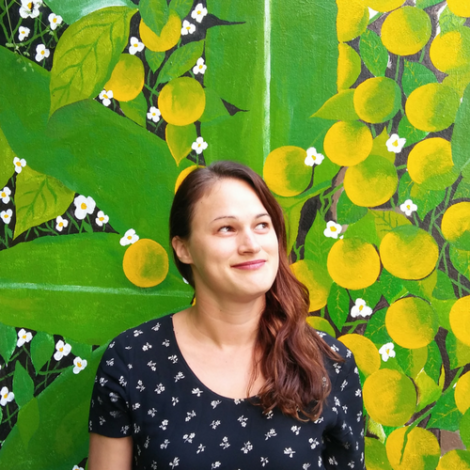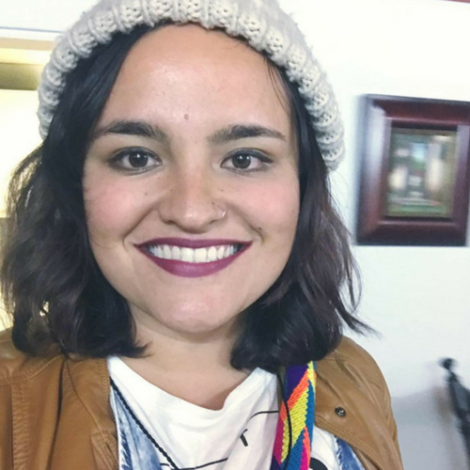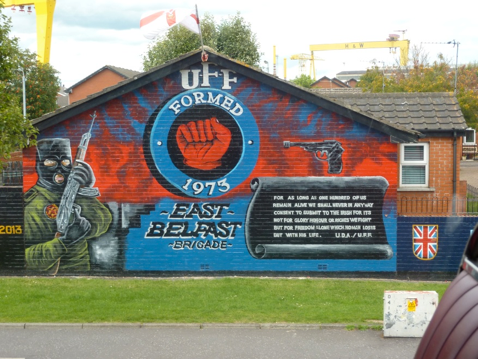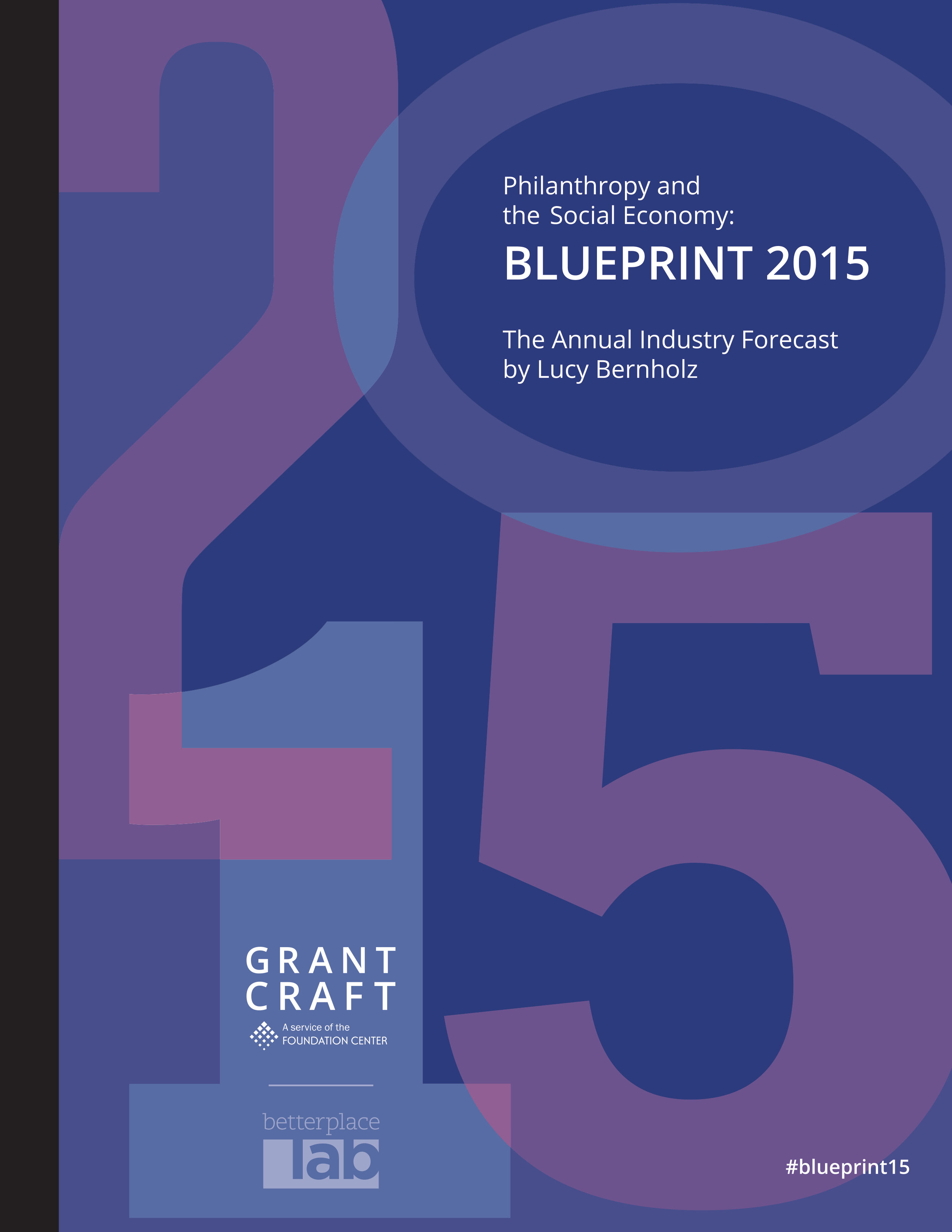Stronger Together: An Activist-Funder Dialogue on Resourcing Young Feminist Organizing
In July, 2017, FRIDA | The Young Feminist Fund and Mama Cash hosted an activist-funder dialogue on resourcing young feminists at the Center for Social Innovation in New York City. This dialogue offered a space for reflection on the gaps between funders and activists, and the opportunities to cultivate more honest engagements, shared accountability, and build collective power.
The power of honest conversation
We decided to hold this event with three main objectives:
- to create spaces to explore how to increase accountability in our communities;
- to think about agreed mechanisms to share honest feedback on what is working and what is not; and
- to understand the steps we need to take to really trust each other, name power dynamics, and collectively work for solutions.
Taking the time and creating space for activists and funders to be heard, allowed tensions to be held and the people in the room to exchange experience and see synergy in their work.
We began the day hearing from a panel of activists and funders: Akudo Oguaghamba, Women’s Health and Equal Rights (WHER) Nigeria, Carla Lopez, Central American Women’s Fund, Jody Myrum, Novo and Viva Tatawaqa, diverse voices and action for equality fiji and Resurj. They shared their experiences in from different contexts and ideas on how to cultivate more relationships of trust between funders and activists.
After the panel we spent the rest of the time charting out key themes and good practices, and unpacking power dynamics to open a pathway for meaningful collaboration. Recognising as private funders, as public funders, as activists, as collectives, as International Non Government Organisations, that we all had different spheres of influence and opportunity to take these ideas forward.
Sustainability and survival
Activists in the room talked through the importance of safe spaces, and inclusion of diverse activists, Lesbian, Bisexual, Trans and Intersex people, and for the next generation of teenage activists in feminist organizing in conversations like these. People shared the need to talk about sustainability in its many dimensions (organizational, personal, emotional, physical) and the need for activists and funders to be talking about access to salaries/resources/income and a living wage.
While we found that sustainability and self-care are becoming more of a focus in our work, many activists still feel like there is limited space to discuss topics of what it means to have a living wage. We asked ourselves how accountability and care could be seeded within movements and within the philanthropic field and between them.
Some activists also raised the uncomfortable contradiction they often face in movements, between being autonomous feminist collectives rejecting capitalist models, but still needing basic resources for their work and their survival. As well as talking about the violence or toxicity that sometimes is present in movements. This highlighted the need for space for self-reflection as well as dialogue within feminist movements, to discuss these tensions and to look at the political nature of resources, and explore self-generated income models.
Looking inward to really change outward
If we seek to transform power in philanthropy and address the injustices around us, to challenge and rectify the inequity we see, it is necessary to look internally at how our own structures in philanthropy, in development, and in the aid sector, could be reinforcing inequality.
This means asking difficult questions about how not to recreate unequal relationships of abuse and power in our funding relationships and in movements. If we are not naming power dynamics and honestly telling each other how we are experiencing things, as funders, or as grantees, and as allies to our movements, how can we ever get to a place where we are unraveling the broken systems and economic models that oppress and discriminate?
The important conversations about closing space, about collective and individual security and self care, and about how to reach grassroots groups, cannot take place with only funders in the room. The conversation about how to ensure funder practices are not harmful to activists cannot happen only between activists. Only through meaningful dialogue will we see some of those complex realities start to be unbound, and only then will we hopefully begin to see ripples in the field and in how we collectively work together for good.
It will take systemic changes and reforms, but it also starts with committed people who respect each other and can directly communicate about their experiences with using these systems, including those related to resourcing the work. From this event we saw this healing starts with opening space to talk about how we cultivate trust and kindness, and encourage real analysis of power dynamics and build collective accountability.
Some of the takeaways that emerged
-
Stronger, more powerful values-based conversations between activists and funders where we are all empowered and equipped to ask each other the hard questions are critical.
-
More attention needs to be paid to meeting grantees’ basic needs, ensure that activists are paid a living wage and have access to basic benefits, and support for grantees to become more financially independent.
Continuing the conversation
The event generated a shared sense of commitment and enthusiasm to explore how funders and activists can work together across philanthropic and movement ecosystems.While this was just one space, one conversation, the model of bringing together activists and funders and trying to better leverage our different perspectives and ideas is one we felt worked well towards shifting power dynamics.




